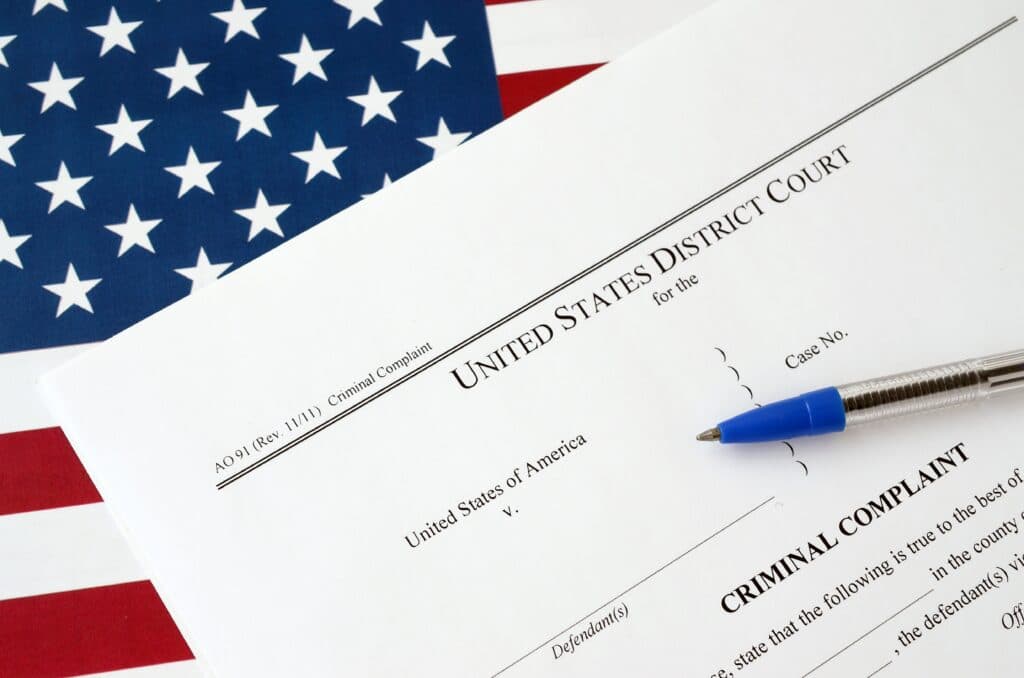Plea Bargains: What to Know

<span><p>Plea bargains are agreements between a defendant and a prosecutor where the defendant agrees to either plead guilty or no contest. In exchange, the defendant receives an agreement from the prosecutor to drop at least one charge, reduce a charge, or recommend to the judge a certain sentence the defense finds acceptable.</p>
<p>Plea bargains are increasingly common, given the crowded nature of prisons and the desire to move through criminal cases quickly. As much as 90% of convictions are the result of negotiated pleas.</p>
<p>Two types of plea bargaining exist: sentence and charge bargaining. Sentence bargaining is when the prosecutor agrees to recommend a lighter sentence for specific charges if the defendant then pleads guilty or no contest. Charge bargaining, on the other hand, is when prosecutors agree to drop some charges or reduce a charge if the defendant pleads guilty.</p>
<p>Plea bargaining can take place almost any time during the judicial process: shortly after a criminal arrest or as a jury returns to a courtroom to announce the verdict. In the case of a hung jury, rather than go through another trial, the prosecution and defense can negotiate a plea.</p>
<p>It should be noted that while a plea of no contest cannot be used against the defendant if the victim wishes to pursue damages in civil court later, pleading guilty can be used against the defendant. Pleading guilty or no contest to a judge-approved plea bargain means the defendant’s guilt is set and the conviction can show up on their criminal record. This conviction may potentially qualify to be expunged or sealed later on.</p>
<p><strong>If you are facing criminal charges, you need a fierce attorney who can seek out a plea bargain if necessary. <a href=”/Contact_Us.aspx”>Call on The Martinez Law Firm</a> for knowledgeable representation.</strong></p></span>





